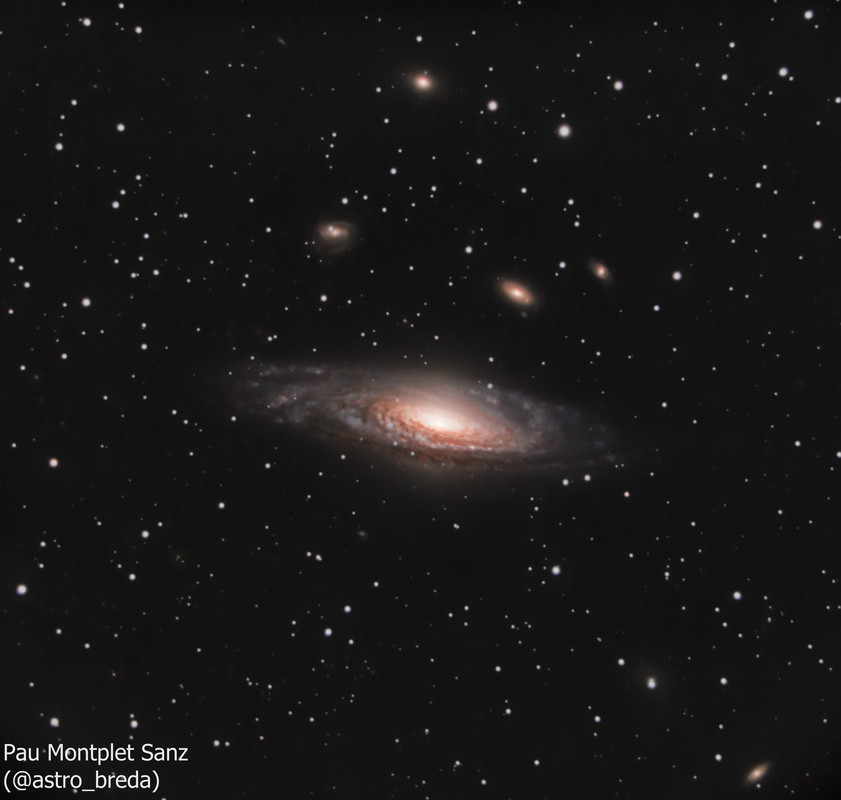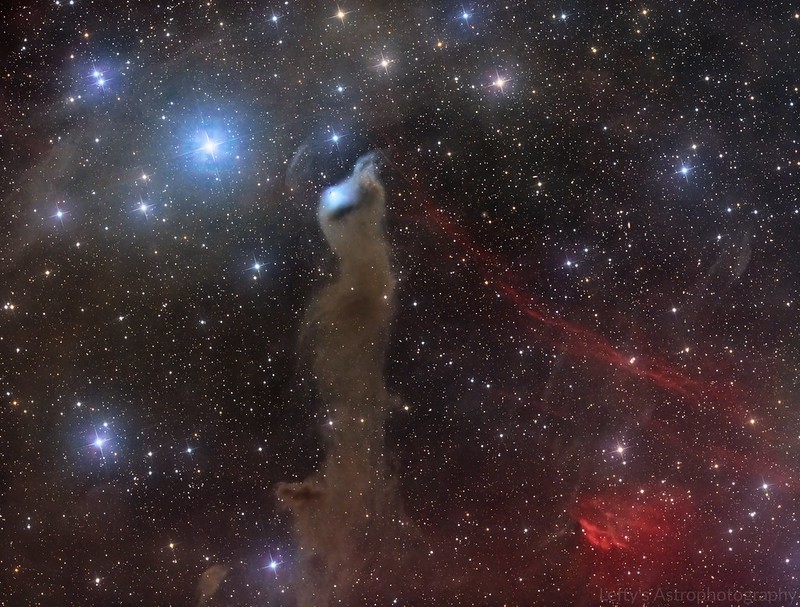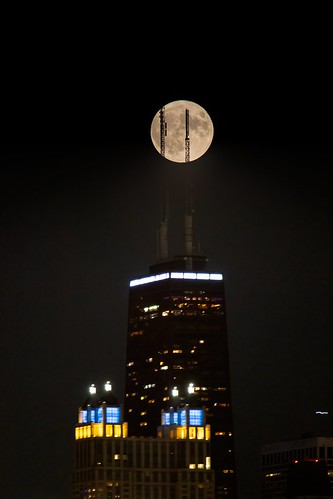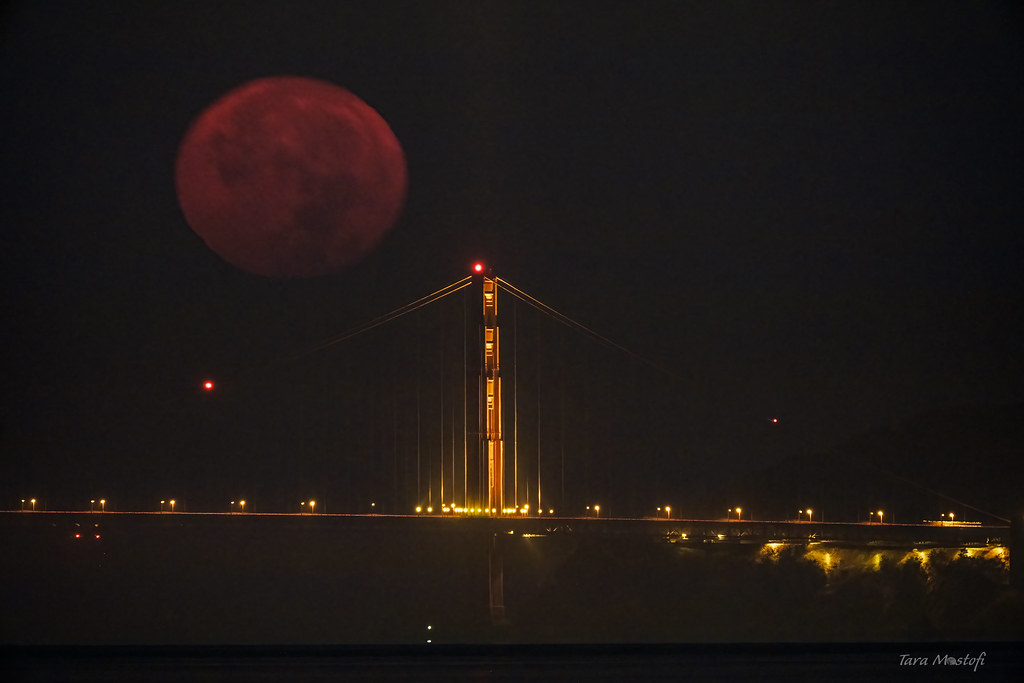The Ancient Galaxy and the Young Stone
On August 12 and 13, 2023, I photographed the Perseid meteor shower for two consecutive nights in front of the iconic giant boulders at Alshan Baolage area of Sunite Geopark, located deep in Inner Mongolia, China. ("Sunite" is the name of a Mongolian tribe from the Ming and Qing dynasties; "Alshan Baolage" in Mongolian means "Sacred Spring," with "Baolage" translating to "spring water.")
The foreground of the photo, a giant weathered granite, said to be formed in the Cretaceous Period (spanned approximately 145.5 to 65.5 million years ago), still looks young compared to the ancient Milky Way.
The Milky Way background was taken at 1:06 a.m. on August 13th. At this time, the Perseids were located right in the center of the Milky Way, and the tilt of the Milky Way perfectly matched the angle of the foreground granite. Soon after, the moon was set to rise, so a white glow had begun to emerge on the horizon, highlighting the distinct contours of the granite. This location experiences minimal light pollution, so the green and pale yellow airglow in the night sky added a romantic hue to the photo.
Copyright: Zhang Wei
Location: Alshan Baolage area of Sunite Geopark, inner Mongolia, China.
Dates: Aug. 12 2023 & Aug. 13 2023
Exif: Canon 5D3 + Sigma 12-24mm f/4.0 DG HSM Art Lens,
Background: 16 @ ISO 8000, 12mm, F4.0, 30s.
Foreground: Low Level Landscape Lighting @ ISO 6400, 12mm, F4.0, 30s
49 meters from two nights stacked based on their actual positions relative to the Perseids.















